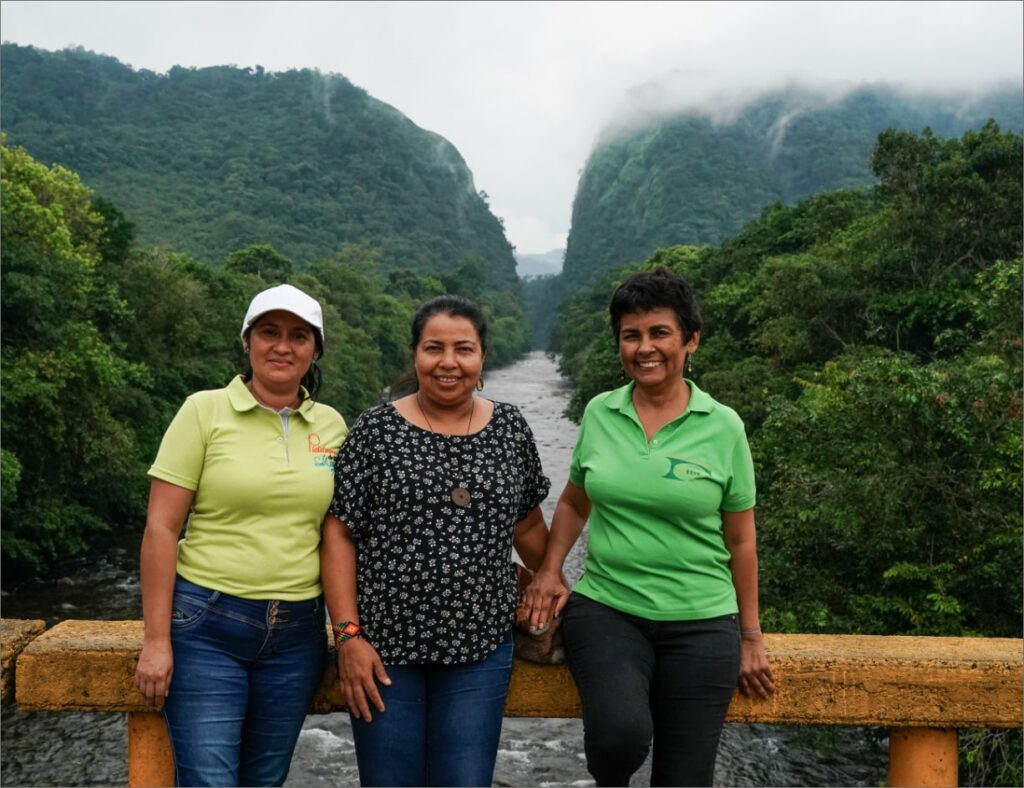
Colombia
In Colombia, the Peace Agreement signed in 2016 created hope for lasting peace after more than half a century of war. Women’s rights organisations and other marginalised groups were at the centre of the negotiations and it has often been referred to as the first “feminist peace process”.
However, new types of violence have emerged as criminal gangs and paramilitaries seek to control the country’s lucrative drug and mining industries and the military target human rights defenders with impunity.
Women defenders of land and environment are particularly at risk. Women are attacked not only because they are standing up for their rights, but because they are women exercising leadership.
The country is also now home to 1.6 million Venezuelan refugees, who have fled not only repression and human rights violations, but also hunger and disease.
